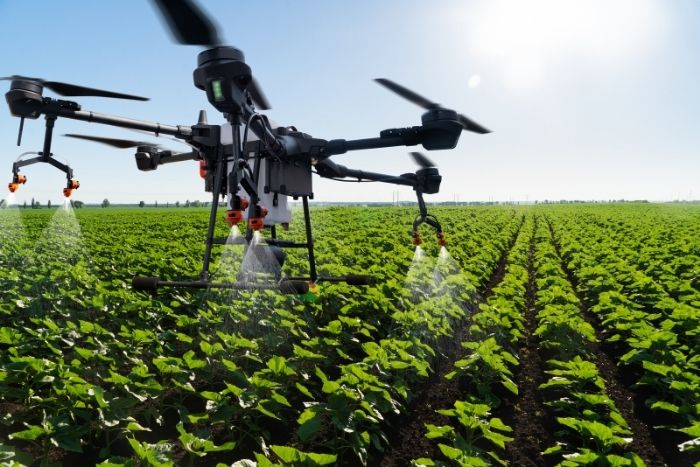In a recent study, Barath Raghavan and Michael Kantar of The Conversation aimed to determine it’s possible to create a food system that meets society’s needs while also being more healthy and diverse.
Read More: Catalytic Africa: Fueling Innovation and Growth for African Startups
With help from their colleagues, they aimed to rethink how agricultural systems are designed and implemented by using a central idea from computer science – abstraction – that summarizes data and concepts and organizes them computationally, this allows analysis and the means to act without having to constantly examine internal details.
Their work comes as Africa continues to find methods of innovative, sustainable farming solutions amid increasing climate change. Similar analysis was performed by professors Delphine Luquet, Ndjido Ardo Kane and Vincent Vadez who wrote:
Read More: Empowering African Leaders – The Mandela Washington Fellowship Experience
Over the years, agricultural research has developed many technological solutions against drought. Breakthroughs in the past few years have enabled researchers to use low-cost sensors to measure in real-time soil humidity, the hydrological status of the plant, and other parameters. his data revolution has led the selection of “stay-green” sorghum that can resist even intense drought conditions.
